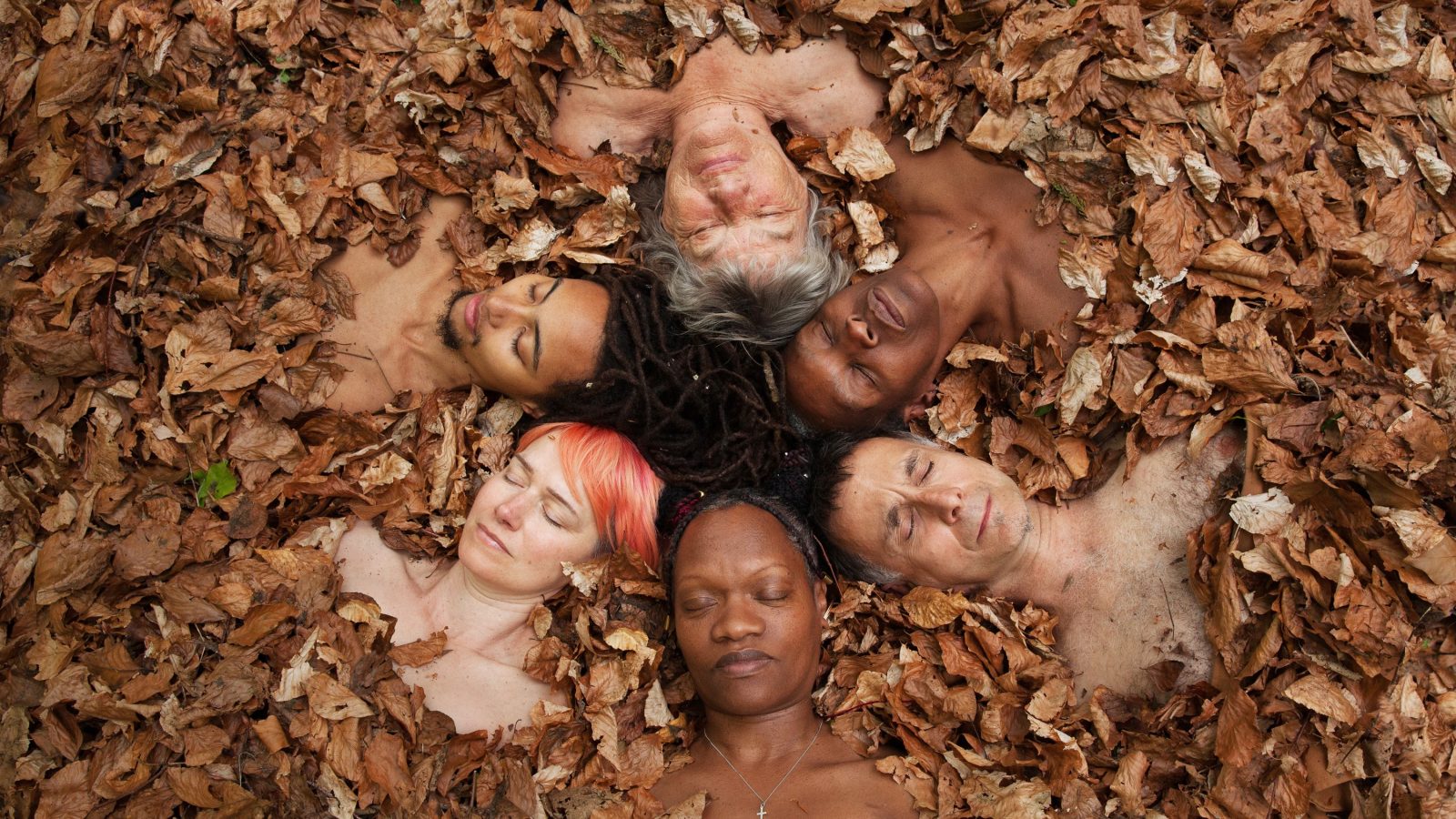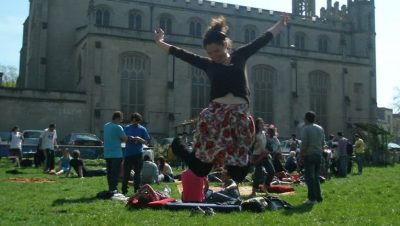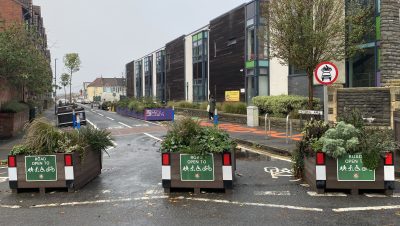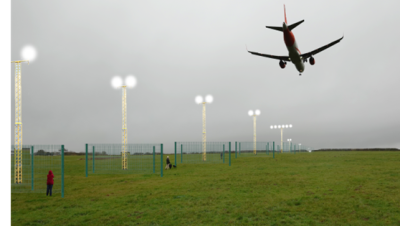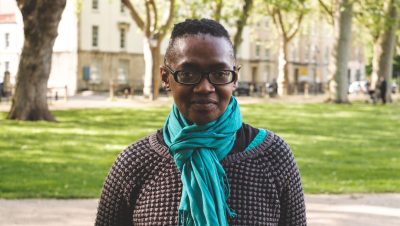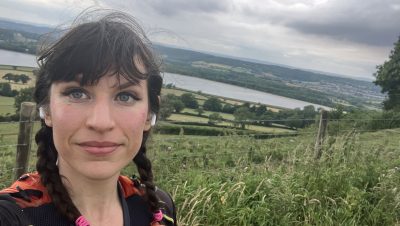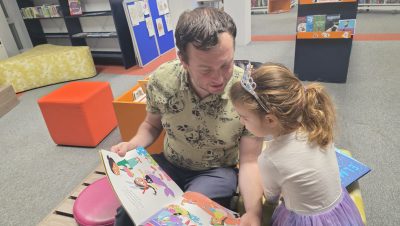Your say / Creativity
‘The law of unintended consequences is alive and well’
I’ve spent most of my life helping things happen. Not with a five-year plan, a job title or a strategy. But with a drum, a tent pole, a fire and a deep belief in people’s potential – especially when they’re given the freedom to be themselves.
When I look back, none of it was deliberate. Not in the conventional sense.
I didn’t set out to be a founder of community organisations or a cultural activist. I was just someone who couldn’t quite fit into the systems as they stood – and maybe someone who refused to be silent about it.
is needed now More than ever
I grew up on a farm in wild north Cornwall. One of many kids, riding horses across the moors, working the land and only coming home when we were hungry.
We were, as I now understand, middle class. But in our tiny community of five or six families, everything felt more equal. People mucked in. You needed everyone.
After an education system that didn’t work for me, and a string of personal losses that knocked me sideways, I found myself in Bristol in the late 1980s, a single mum with no money but a strong instinct for community.
I ended up living in two terraced houses on Mina Road in St Werburgh’s, sharing the space with a band of single mums and theatre makers. It wasn’t fancy but we had freedom to make, to parent, to live
It was there that I began to beat my drums again. The ones I used to build buckets and bins on the farm. And it became something bigger.
A group of us, mostly women, mostly untrained, formed a community of rhythm, called (almost as a joke) Tribe of Doris.
It grew into a cultural movement: a place where world-class teachers, teenagers from inner-city Bristol and everyone in between could come together in a field and find freedom in sound, movement and expression.
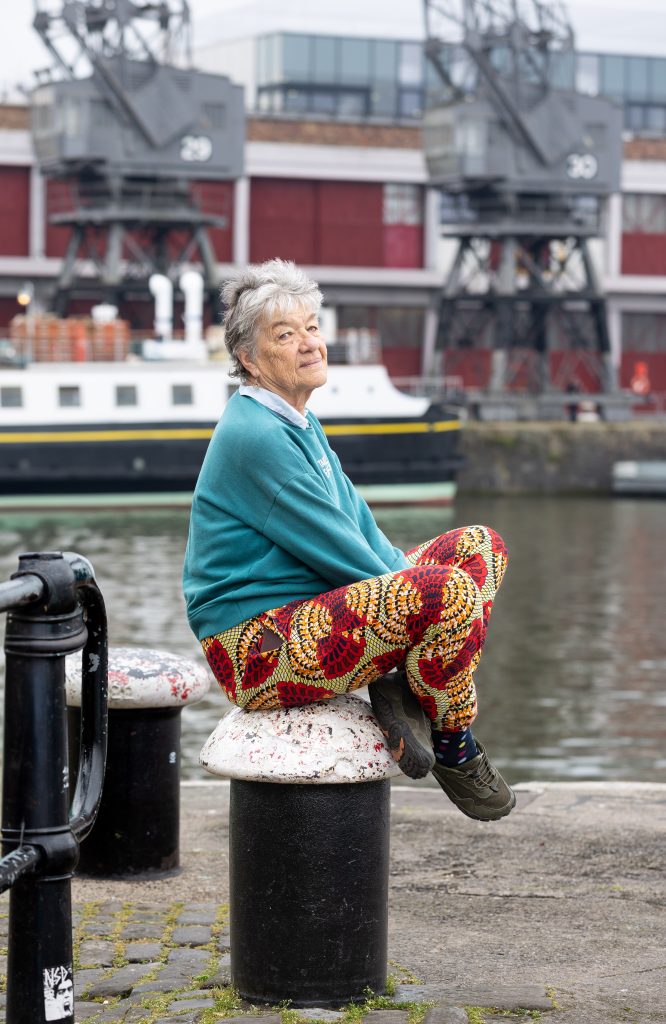
Deasy Bamford is the co-founder of Diverse Artists Network – photo: Barbara Evripidou
That idea of learning and connecting outside of the usual boxes became a thread in my life. We started Imayla, bringing urban kids and their families into the countryside, to learn from nature and one another.
We hosted youth festivals in St Paul’s called Big Time and founded a refugee arts celebration, and more recently, helped build the Diverse Artists Network – a space to connect and amplify Bristol’s brilliant cultural creators, especially those historically pushed to the edges.
But I didn’t do it alone. None of it would have worked without the incredible women I worked alongside: Siobhan Kierans, Kim Cavanagh, Lorraine Ayensu, Vandna Mehta, Rachel DeGarang and Jules Olsen.
These weren’t organisations born out of hierarchy. They were wild, creative, female-led collectives that knew how to build from the grassroots, not impose from above.
And now? Now, I look around and worry.
We’ve become obsessed with outcomes, frameworks and proof. And yet what made Tribe of Doris powerful wasn’t quantifiable.
You couldn’t measure the magic of a teenager standing tall after a week of drumming in a muddy field, or the joy of seeing teachers from around the world dance around a campfire.
But those moments changed lives. They created connections that lasted decades. They gave people, especially young people, a sense of freedom.
The ‘law of unintended consequences’ is alive and well as our attempts to professionalise, protect and preserve can sometimes suffocate the very culture and community we claim to value.
Young people, now more than ever, need space to get it wrong, to be wild, to learn by doing.
But instead, they’re handed forms and frameworks. They are told they need a plan, a qualification, a ‘personal brand’. And it breaks my heart.
So how do we protect culture without killing it? How do we honour community without controlling it?
First, we need to stop thinking we have to build something new. We already live in community. It’s not out there, in some idealised eco-village dream. It’s right outside our front door. The neighbours we don’t yet know. The people we pass at the school gate. That’s the beginning.
Second, we need to remember that culture is not a product. It’s not a marketing campaign or an outcome. Culture is made every day in stories, in song, in shared meals, in fires lit on hilltops because someone felt it was needed. It doesn’t always need a funder or a strategy. Sometimes it just needs someone to say: ‘Let’s do this.’
Third, we need to create more spaces for people to be themselves – especially those who don’t fit. The neurodiverse, the working class, the radical, the awkward, the outsiders. And especially the women who carry whole communities on their backs while being told their work isn’t quite measurable enough for a funding bid.
And finally, we need to stay idealistic. Even when the system tells us not to be. Even when we’re exhausted. Because culture – real culture – is not made by permission. It’s made by people who dare to care, who act from instinct and who believe deep down that another way is possible.
If we don’t protect those instincts, we risk ending up with the performance of community instead of the real thing. And that, too, is an unintended consequence we must avoid.
So, light the fires. Bang the drums. Make a space for someone else to speak, to dance, to be.
It might not be perfect. But it might just be the beginning of something brilliant.
This is an opinion piece by Deasy Bamford, the co-founder of Diverse Artists Network which has just created its first membership programme to support different needs and budgets. For more information, visit www.diverseartistsnetwork.com/memberships
View this post on Instagram
Main photo: Mark Simmons
Read next:
 Our newsletters emailed directly to you
Our newsletters emailed directly to you